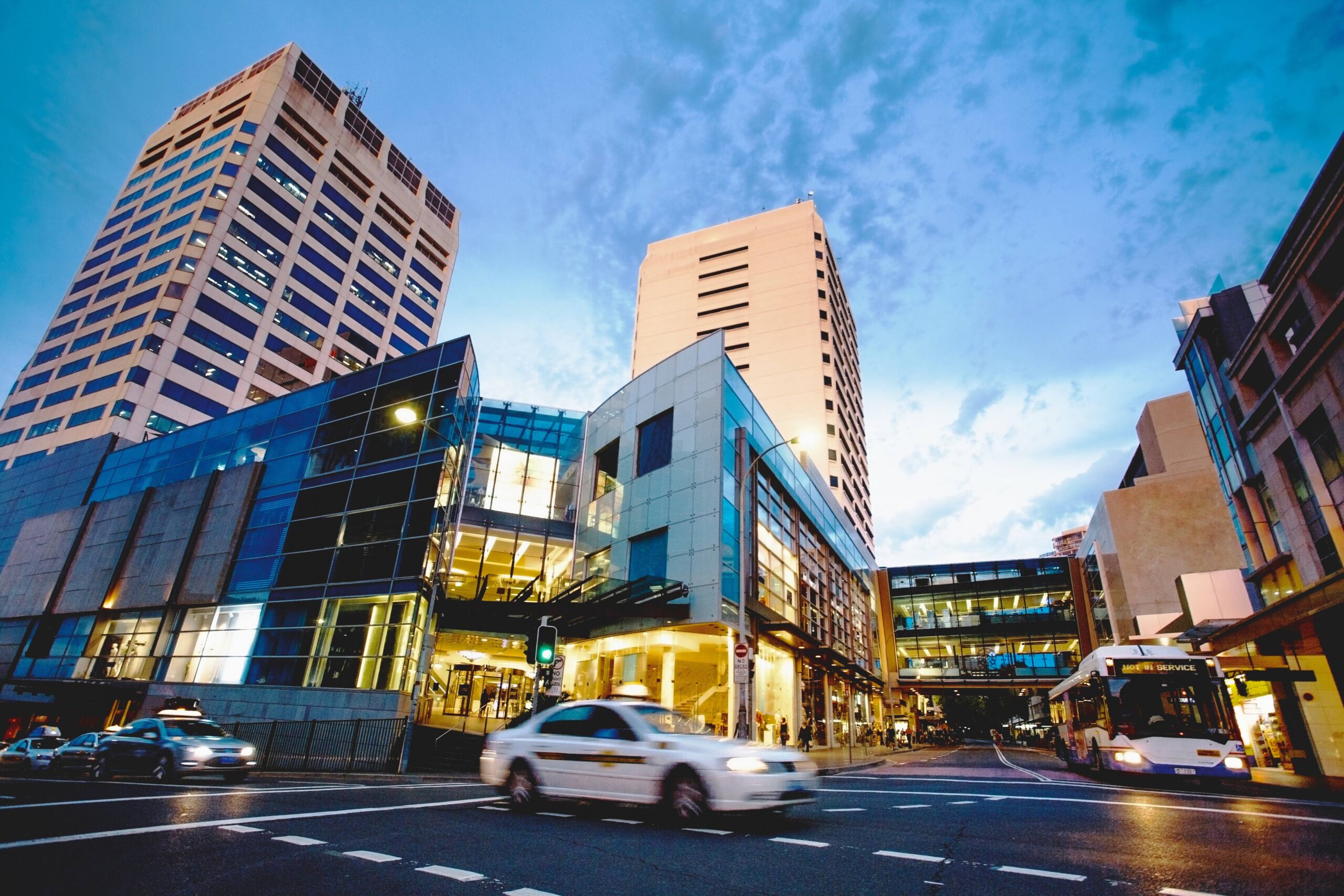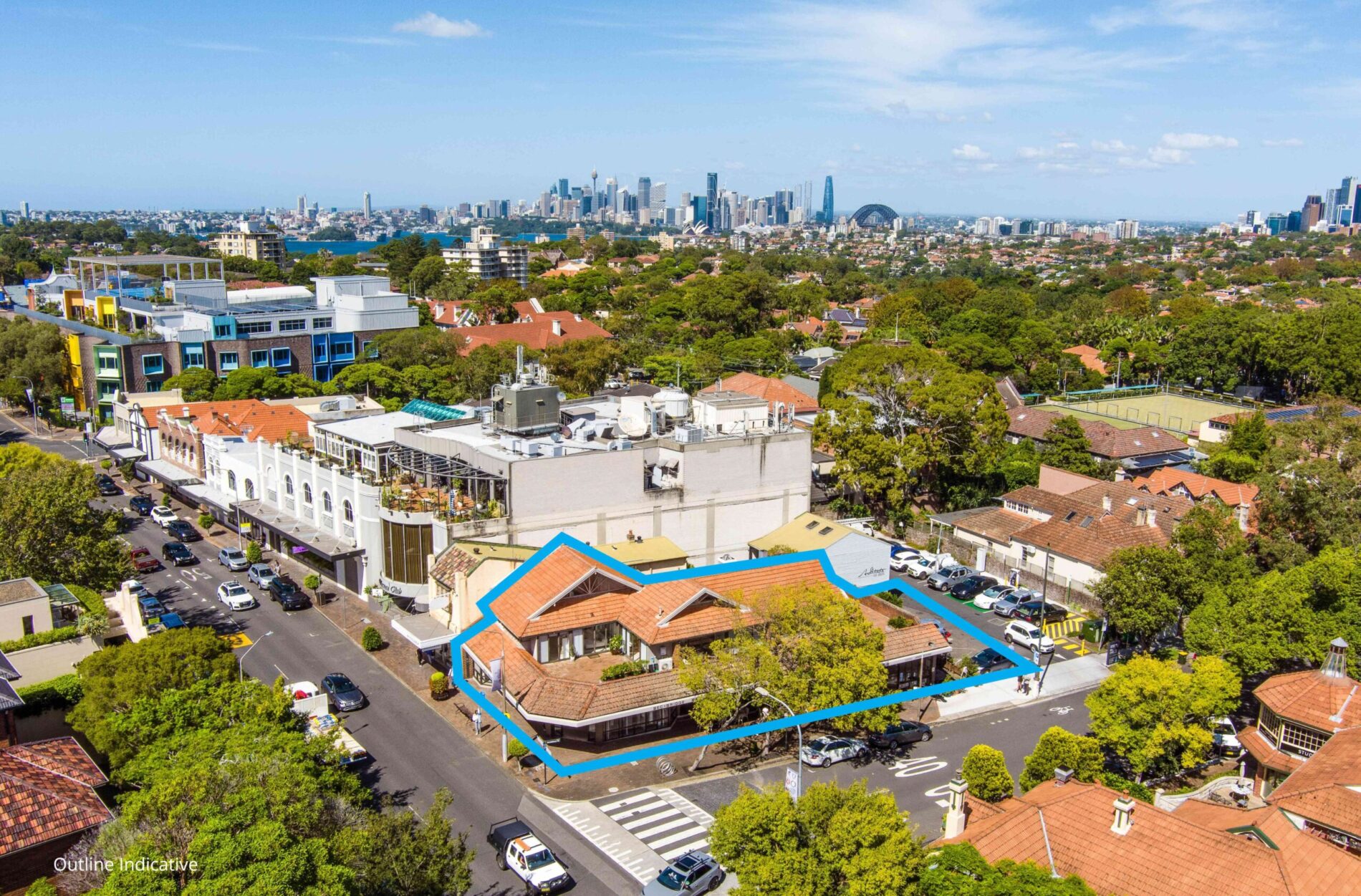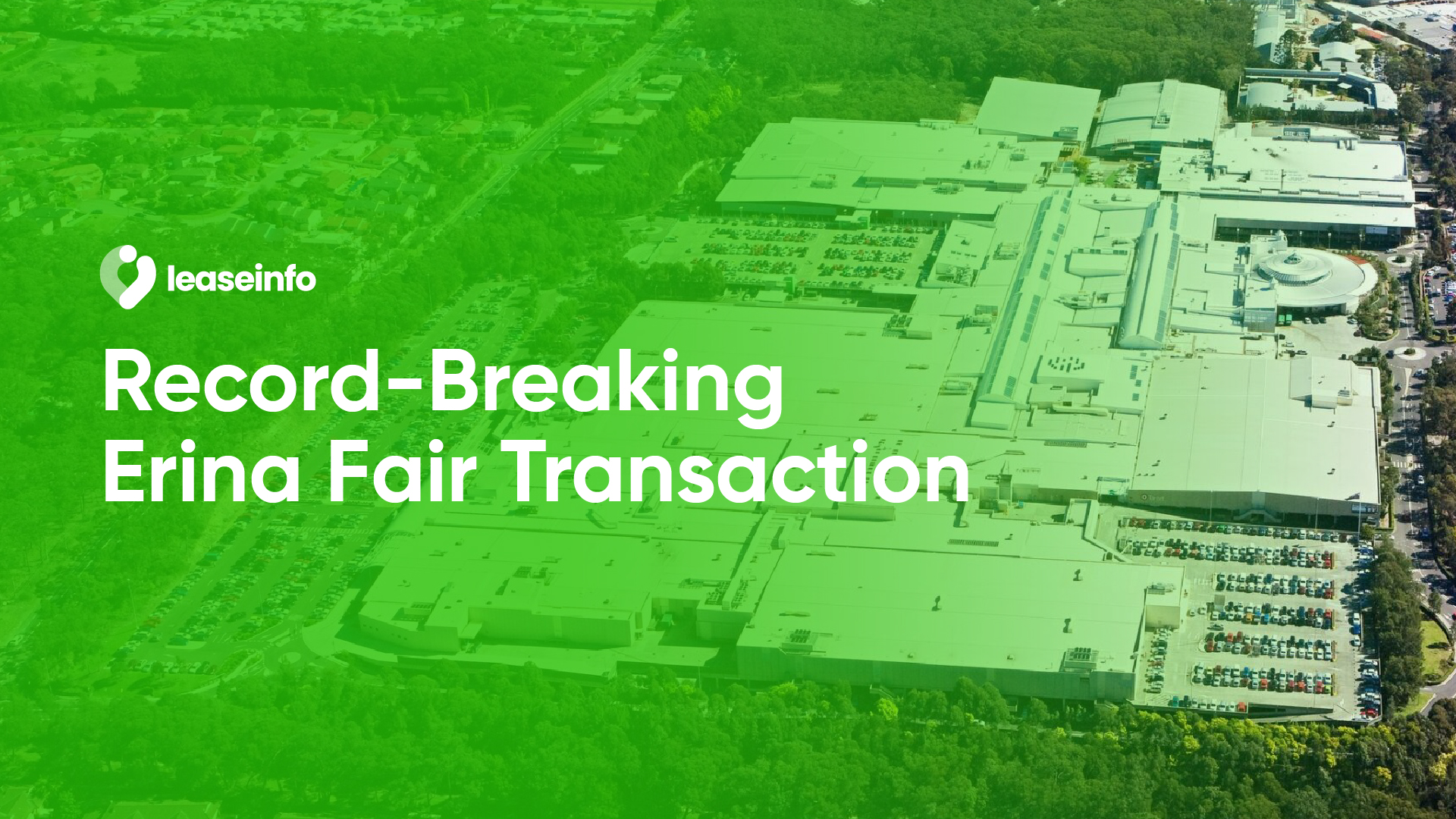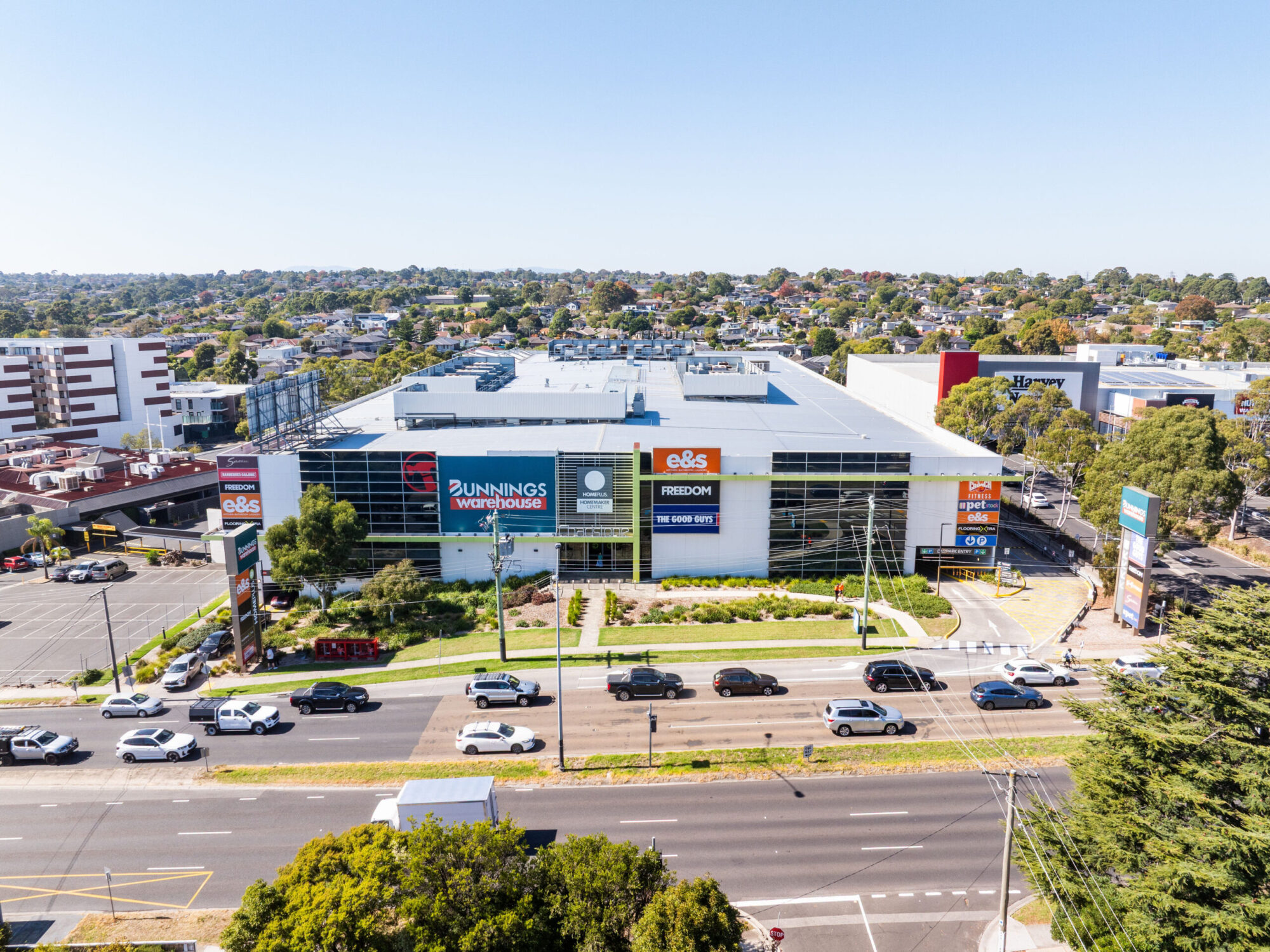
Queensland Investment Corporation (QIC), the government-backed funds manager, has launched an equity raise to expand its QIC Everyday Retail Fund from about A$526 million in seed assets to A$1.5 billion over the next three years. The Australian report notes that the strategy focuses on convenience and community shopping centres anchored by essential retailers, a segment proving resilient amid changing consumer behaviour.
Key Backers and Portfolio
The refreshed fund has secured commitments from the Clean Energy Finance Corporation (CEFC) and Prime Super, alongside existing investors. Its seed portfolio spans six convenience and subregional centres, including Big Top Shopping Centre, Kippa-Ring, The Village Upper Mount Gravatt, Forest Lake, Nerang Mall, and Pittwater Place in Sydney’s Northern Beaches.
QIC has been repositioning its portfolio and recently divested some assets to focus on growth in retail property aligned with everyday needs.
Market Conditions & Rationale
Low vacancy rates and limited new development are creating opportunities for stabilised everyday retail assets. Institutional investors are also active in this segment, with groups like Charter Hall and HMC Capital competing for assets that deliver steady income and high pedestrian traffic.
ESG & Sustainability Considerations
The fund is targeting net zero carbon emissions (Scopes 1 & 2) by 2028, with on-site solar already covering around half of common-area energy use. Proceeds from divested industrial holdings will be recycled into new retail opportunities aligned with this focus.
Recent Deal Activity
In a separate move, QIC is selling the Hyperdome complex in Loganholme to MA Financial in a transaction worth nearly $700 million.
Why this Matters
QIC’s expansion underscores the resilience of everyday retail centres in Australia’s shifting consumer landscape. Anchored by supermarkets and essential services, these assets are increasingly seen as defensive plays for investors, combining stable rental income with opportunities for long-term value creation.






